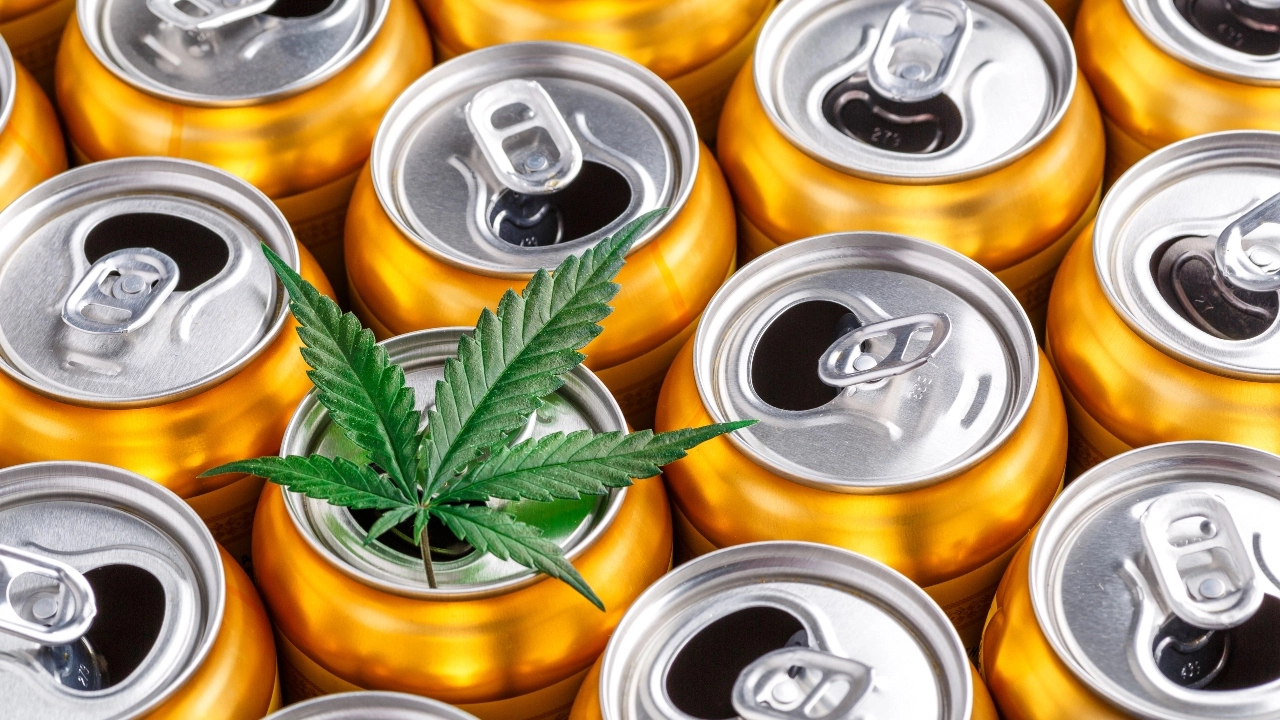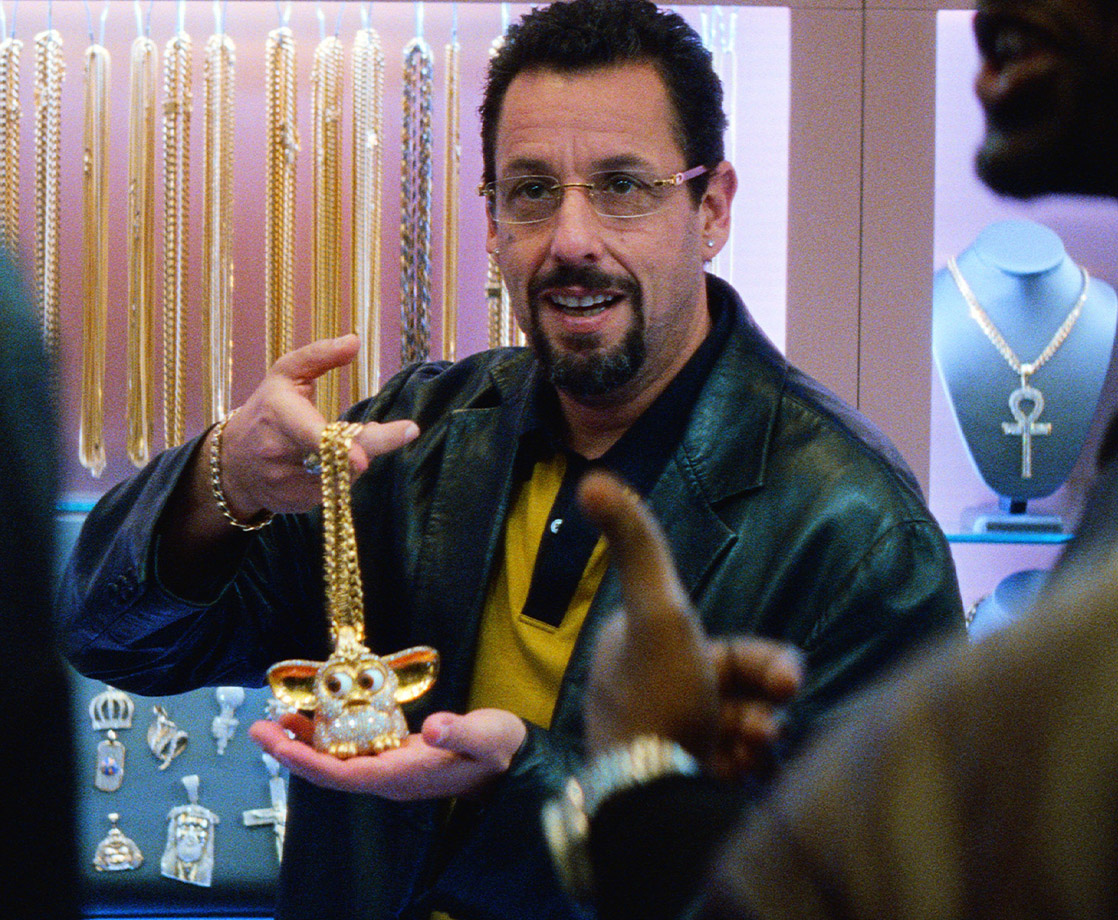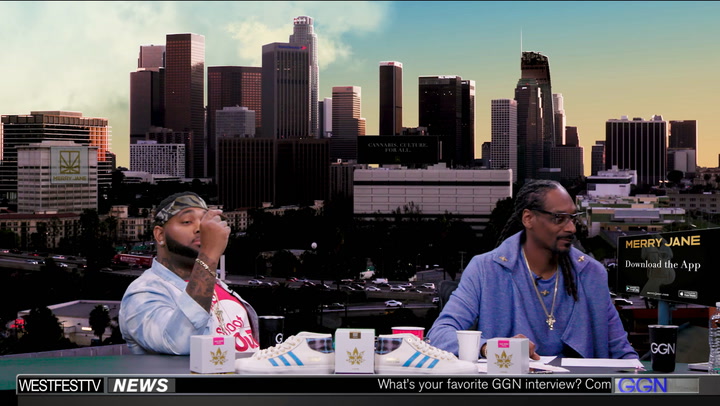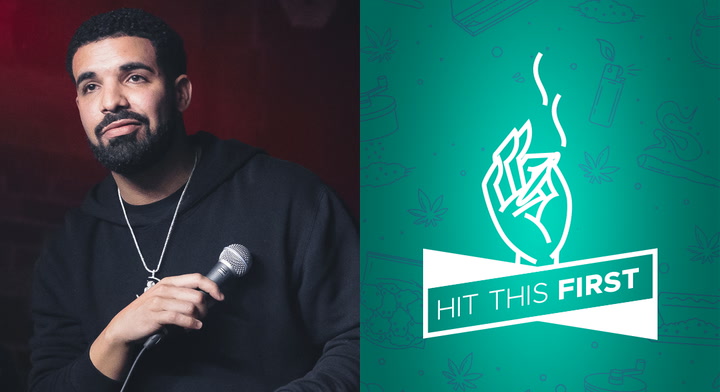Image via
Minnesota’s unique new cannabis laws will allow craft brewers to create hemp-derived THC beverages that can be sold at regular liquor stores.
Late last month, Minnesota’s Democratic leadership passed a comprehensive adult-use cannabis law, making the Land of 10,000 Lakes the 23rd US state to legalize weed. Like most other recreational cannabis laws, this legislation will expunge minor cannabis crimes and authorize licensed businesses to produce and sell high-THC cannabis products. Adults will be legally allowed to possess weed starting this summer, but regulators expect that the retail market won’t go live until 2025.
Retail sales may still be a few years away, but Minnesotans have already been getting high legally for over a year now. Last summer, the state passed a bill that fully legalized and regulated the sale of all cannabis products that are derived from federally-legal hemp. The law even legalized psychoactive forms of hemp like delta-8 THC, a detail that escaped many local Republicans that signed off on the bill.
The new law also made it legal for businesses to infuse foods and drinks with up to 5mg of THC per serving, as long as that THC is sourced from federally-legal hemp. This original bill didn’t really impose any additional regulations on the industry, though, so prospective drink manufacturers had to come up with their own best practices. Despite the lack of oversight, several breweries rolled out a variety of hemp-infused beverages over the course of last year.
Craft breweries soon started lobbying for further regulations on these new products, though, and lawmakers agreed to include them in the new adult-use bill. Businesses that produce hemp drinks must now register with the state, and sales of these products will be hit with an additional 10% tax. The new law will allow infused beverages to be sold at liquor stores or onsite at breweries.
“It’s not every day you approach legislators and say, ‘Can we get more taxes? Can we get more regulations?’ but at the end of the day, our members wanted to make sure we were doing this in a legitimate and solidified way,” Bob Galligan of the Minnesota Craft Brewers Guild told NBC affiliate KARE11. “Not quite everyone realizes just how revolutionary the actual low-dose, hemp-derived market is that we have in Minnesota.”
Most businesses chafe at additional regulations, but in this case, many breweries are happy about the new rules. “This was a very needed correction to last year’s situation, where the rules were no rules,” said Dan Justesen, owner of Utepils Brewing in Minneapolis, to KARE. “I think, from our industry in alcohol it was very, very important for the consumer to feel safe and confident in the products, and the way they’re marketed.”
There is still one more issue left to be resolved, though. Insurance companies have started notifying breweries that they will need to take out additional policies to cover any potential risks associated with cannabis products. “This is a whole new area for insurance companies,” Justesen explained. “They’re used to having modeling for the risks involved in serving alcoholic beverages, but they don’t really have any modeling for THC beverages.”











